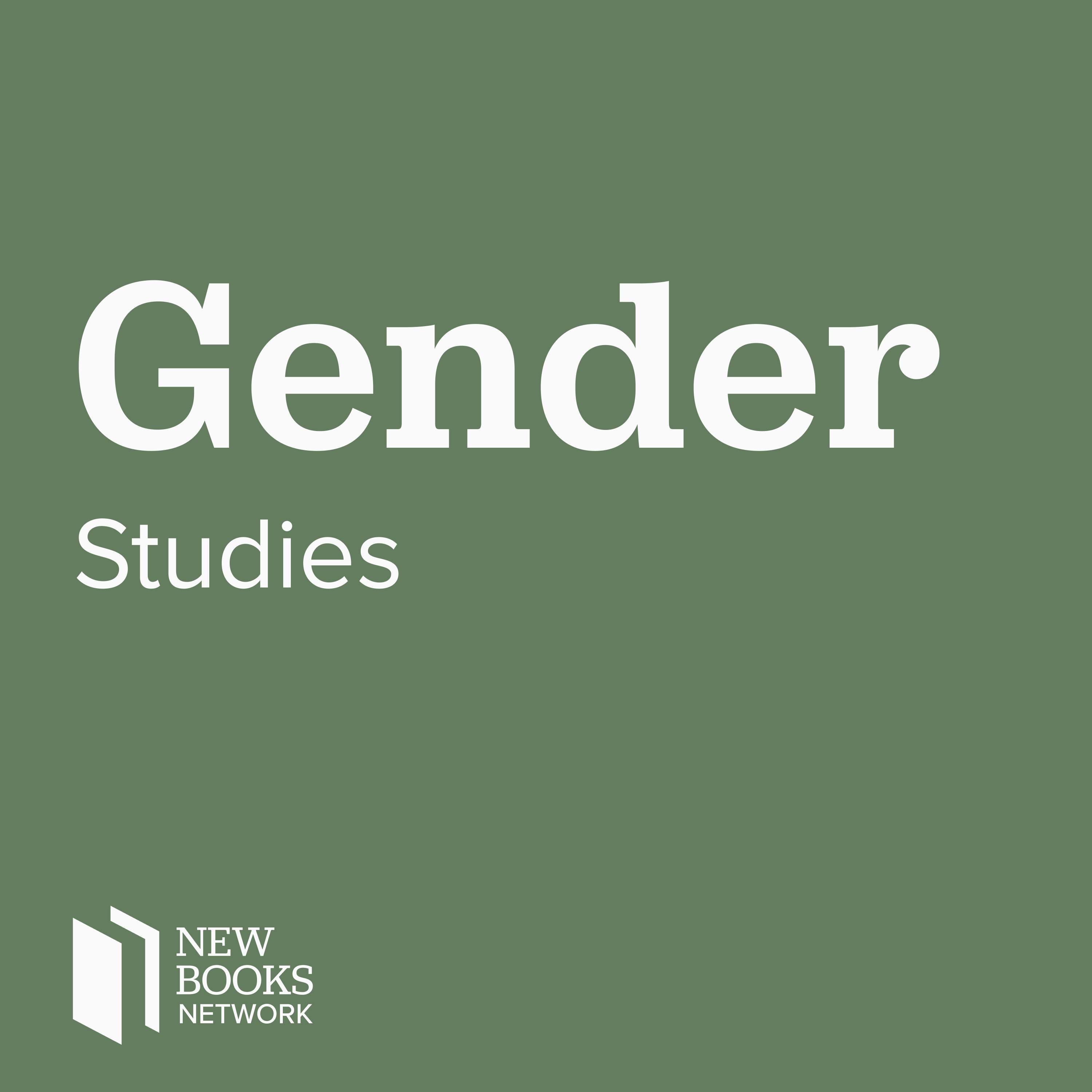Georgina Hickey, "Breaking the Gender Code: Women and Urban Public Space in the Twentieth-Century United States" (U Texas Press, 2023)
Description
From the closing years of the nineteenth century, women received subtle--and not so subtle--messages that they shouldn't be in public. Or, if they were, that they were not safe. Breaking the Gender Code: Women and Urban Public Space in the Twentieth-Century United States (U Texas Press, 2023) tells the story of both this danger narrative and the resistance to it.
Historian Georgina Hickey investigates challenges to the code of urban gender segregation in the twentieth century, focusing on organized advocacy to make the public spaces of American cities accessible to women. She traces waves of activism from the Progressive Era, with its calls for public restrooms, safe and accessible transportation, and public accommodations, through and beyond second-wave feminism, and its focus on the creation of alternative, women-only spaces and extensive anti-violence efforts. In doing so, Hickey explores how gender segregation intertwined with other systems of social control, as well as how class, race, and sexuality shaped activists' agendas and women's experiences of urban space.
Drawing connections between the vulnerability of women in public spaces, real and presumed, and contemporary debates surrounding rape culture, bathroom bills, and domestic violence, Hickey unveils both the strikingly successful and the incomplete initiatives of activists who worked to open up public space to women.
This interview was conducted by Dr. Miranda Melcher whose forthcoming book focuses on post-conflict military integration, understanding treaty negotiation and implementation in civil war contexts, with qualitative analysis of the Angolan and Mozambican civil wars.
Learn more about your ad choices. Visit megaphone.fm/adchoices
Support our show by becoming a premium member! https://newbooksnetwork.supportingcast.fm/gender-studies
More Episodes
The #MeToo movement inspired millions to testify to the widespread experience of sexual violence. More broadly, it shifted the deeply ingrained response to women’s accounts of sexual violence from doubting all of them to believing some of them. What changed?
In The #MeToo Effect: What Happens...
Published 04/27/24
Published 04/27/24
In Unhomed: Cycles of Mobility and Placelessness in American Cinema (University of California Press, 2024), Dr. Pamela Roberston Wojcik examines America's ambivalent and shifting attitude toward homelessness. She considers film cycles from five distinct historical moments that show characters who...
Published 04/24/24


